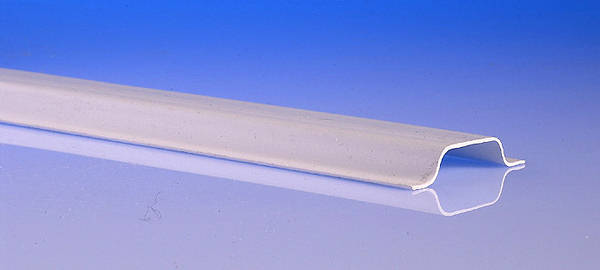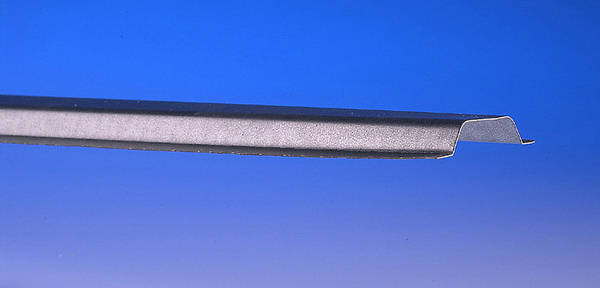BS 7671 prohibits Band I and Band II cables sharing the same cable enclosure or multicore cable unless: every cable is insulated for the highest voltage present etc .....
Does this include cables in capping, such as lighting and telephone cables?
Does this include cables in capping, such as lighting and telephone cables?





